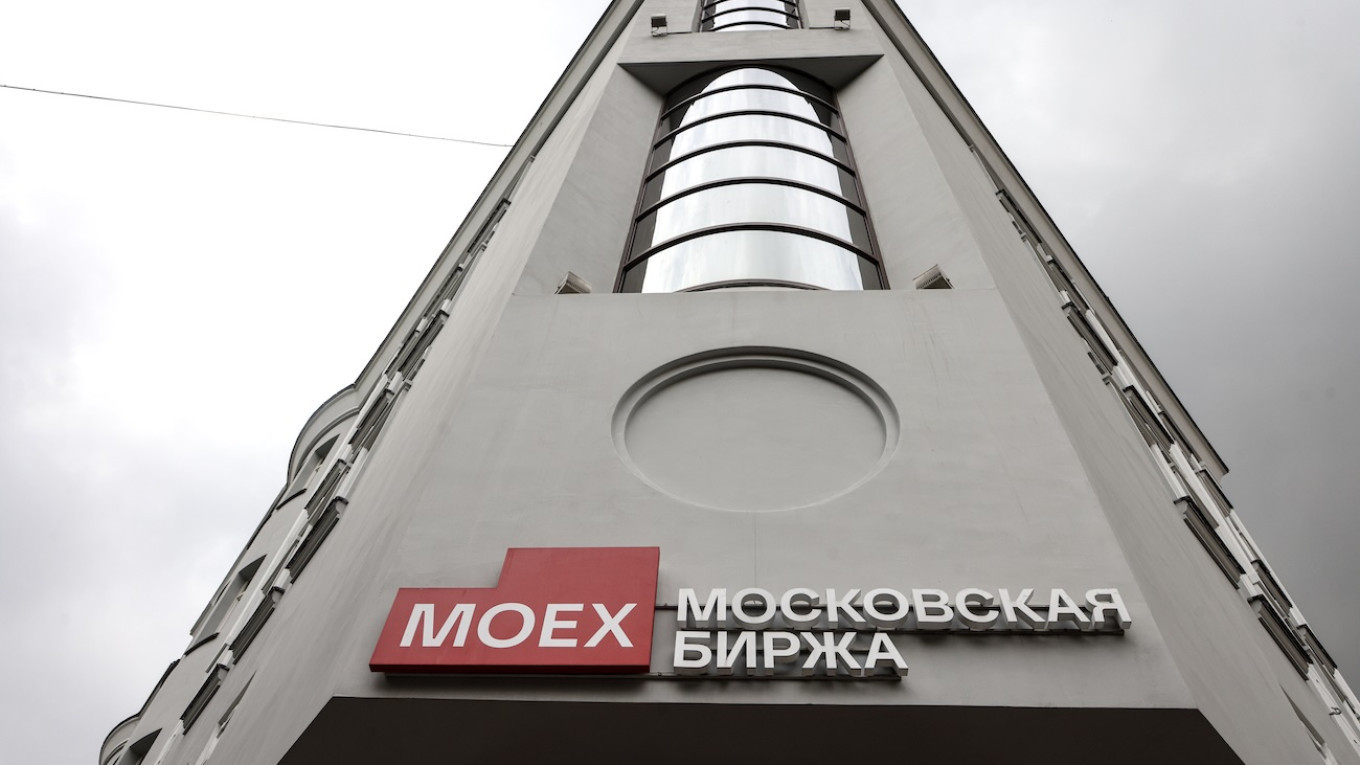On Wednesday, Russia’s stock market experienced its largest single-day decline in three years following comments from a senior diplomat indicating that efforts toward a potential peace agreement to resolve the Ukraine conflict had largely stalled.
The Moscow Exchange (MOEX) Index, which monitors 40 of the nation’s major publicly traded firms, plummeted by 4.05% to 2,563.3 points—the lowest mark since December 2024—representing the most significant one-day drop since September 2022.
Shares of Gazprom dipped by 4.1%, Sberbank by 4.9%, VTB by 4.7%, and Rosneft by 2.5%.
Both Severstal and Aeroflot dropped nearly 5%, while Rostelecom, Inter RAO, and Magnitogorsk Iron & Steel Works lost more than 5%. Mechel experienced the largest decline, dropping 6.7%.
“Geopolitical uncertainties are continuing to exert pressure on investors,” noted Yaroslav Kabakov, strategy director at Finam.
The market downturn intensified following remarks from Deputy Foreign Minister Sergei Ryabkov, who stated that the “strong momentum towards reaching agreements” that followed President Vladimir Putin’s conversation with Donald Trump in Alaska had “run its course.”
Ryabkov further noted that the “framework” of Moscow’s relationship with Washington was “collapsing” and that the Kremlin observed “no advances” from the U.S. in efforts to mend relations.
The day prior, Putin had conveyed to high-ranking military officials that their objectives remained steadfast: to “unconditionally achieve all the goals of the special military operation.”
“After a phase of heightened expectations and rising stock prices, a wave of pessimism has engulfed investors,” analysts from PSB Bank commented.
The MOEX index has now experienced losses for five weeks in a row.
It has witnessed a decline of over 22%—translating to 1.3 trillion rubles ($15.9 billion, based on current foreign exchange market data from Reuters)—in market capitalization since February, when Putin and Trump had their first phone call after Trump’s inauguration in January.
Ongoing declines in the stock market frequently indicate deeper economic issues, cautioned Andrei Khokhrin, CEO of Ivolga Capital.
After years of buoying its economy through substantial military expenditures, Russia is now showing signs of deceleration. The GDP growth nearly stagnated this summer, increasing by a mere 0.4% year-on-year in July and August.
Civilian sectors have declined, with clothing production falling 9.1%, furniture by 12.7%, food by 2.1%, and metals by 8.4%, Khokhrin noted.
Recently, the World Bank downgraded its forecast for the Russian economy, anticipating growth of 0.9% in 2025, 0.8% in 2026, and 1% in 2027.

